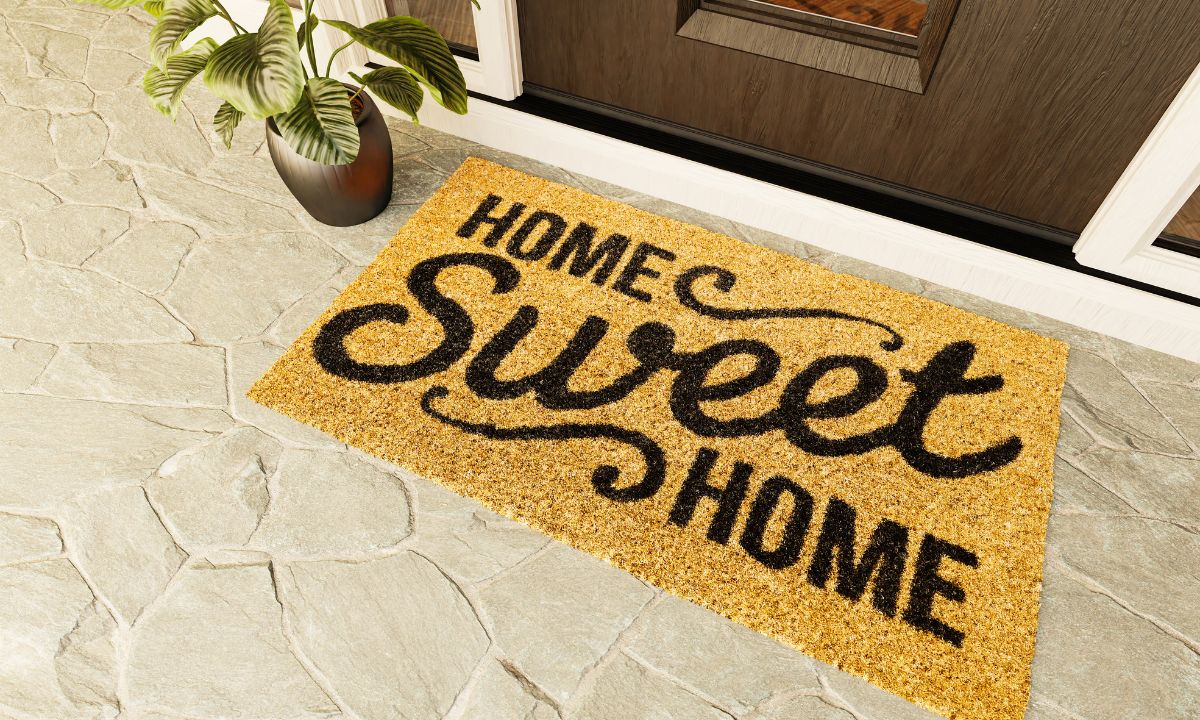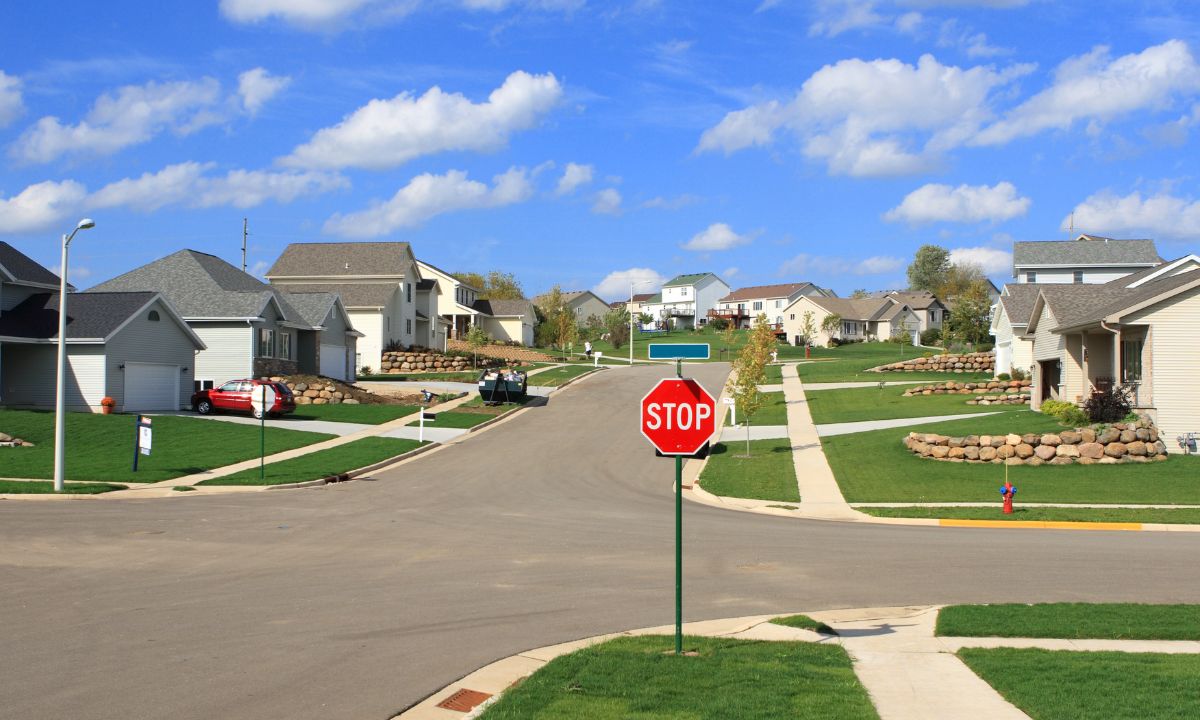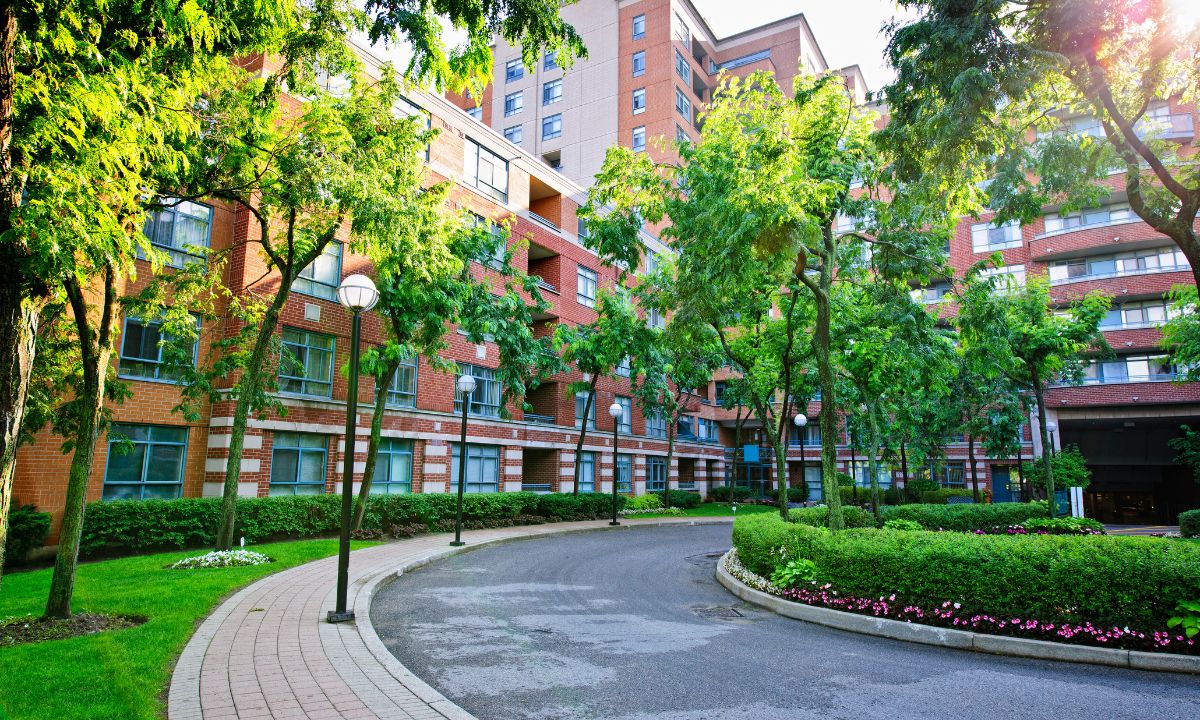How to Transition from Renting to Homeownership
 Transitioning from renting to homeownership is an exciting and significant milestone in anyone’s life. This journey, while thrilling, can also be filled with questions and uncertainties. I am here to guide you through this process, ensuring a smooth and successful transition working with your real estate agent. We will discuss the steps you need to take to move from being a renter to a proud homeowner.
Transitioning from renting to homeownership is an exciting and significant milestone in anyone’s life. This journey, while thrilling, can also be filled with questions and uncertainties. I am here to guide you through this process, ensuring a smooth and successful transition working with your real estate agent. We will discuss the steps you need to take to move from being a renter to a proud homeowner.
Assess Your Financial Readiness
First and foremost, evaluate your financial situation. Owning a home involves more than just a monthly mortgage payment. You’ll need to consider property taxes, homeowners insurance, maintenance costs, and potential homeowners association (HOA) fees.
Begin by:
- Reviewing your credit score and history.
- Saving for a down payment.
- Establishing a budget that includes all potential homeownership costs.
Get Pre-Approved for a Mortgage
Next, obtaining a mortgage pre-approval is crucial. This not only helps you understand how much home you can afford but also makes you a more attractive buyer to sellers.
To do this:
- Gather your financial documents (income statements, tax returns, bank statements).
- Shop around for mortgage lenders to find the best rates and terms.
- Submit your application and await your pre-approval letter.
Determine Your Needs and Wants
Before you start house hunting, it’s essential to define what you need and want in a home. Consider factors such as location, size, layout, and amenities.
Think about:
- Proximity to work, schools, and amenities.
- The number of bedrooms and bathrooms.
- Whether you prefer a new or older home.
Start the House Hunt
Now comes the exciting part—searching for your new home. Your real estate agent can provide you with listings that match your criteria, schedule viewings, and offer insights into the local market.
While searching:
- Be patient and keep an open mind.
- Attend open houses and private showings.
- Take notes and photos to compare properties.
Make an Offer
Once you’ve found a home that fits your needs and budget, it’s time to make an offer. Your real estate agent will help you craft a competitive offer that aligns with the market conditions and your budget.
When making an offer:
- Consider contingencies such as inspections and financing.
- Be prepared for negotiations.
- Stay within your budget.
Navigate the Closing Process
After your offer is accepted, you’ll enter the closing process. This involves several steps, including home inspections, appraisals, and finalizing your mortgage.
During closing:
- Schedule and attend the home inspection.
- Review and sign all necessary documents.
- Complete a final walkthrough of the property.
Move In and Enjoy
Finally, once all the paperwork is signed and the keys are in your hand, it’s time to move in and enjoy your new home! This is the moment you’ve been working towards, so take the time to settle in and make the space your own.
Tips for moving in:
- Hire professional movers or enlist the help of friends and family.
- Unpack and organize room by room.
- Introduce yourself to your new neighbors and community.
Transitioning from renting to homeownership is a rewarding journey that requires careful planning and guidance. By following these steps and working with a dedicated real estate agent, you can confidently make the move and start enjoying the benefits of owning your own home.

 Purchasing a home is a significant milestone, and traditional mortgages aren’t the only route to achieving this dream. For many homebuyers, especially those who may face challenges with conventional financing, exploring alternative financing options can be a game-changer. We will discuss three creative financing options: rent-to-own, lease-purchase agreements, and shared equity arrangements.
Purchasing a home is a significant milestone, and traditional mortgages aren’t the only route to achieving this dream. For many homebuyers, especially those who may face challenges with conventional financing, exploring alternative financing options can be a game-changer. We will discuss three creative financing options: rent-to-own, lease-purchase agreements, and shared equity arrangements. When you’re shopping for a condo, there’s a bit more on your plate than just the typical homebuying concerns like credit scores, interest rates, and loan programs. A crucial aspect is understanding the role of the Homeowners’ Association (HOA) and whether the condo is warrantable or non-warrantable. This distinction can significantly impact your mortgage process and future as a condo owner.
When you’re shopping for a condo, there’s a bit more on your plate than just the typical homebuying concerns like credit scores, interest rates, and loan programs. A crucial aspect is understanding the role of the Homeowners’ Association (HOA) and whether the condo is warrantable or non-warrantable. This distinction can significantly impact your mortgage process and future as a condo owner.